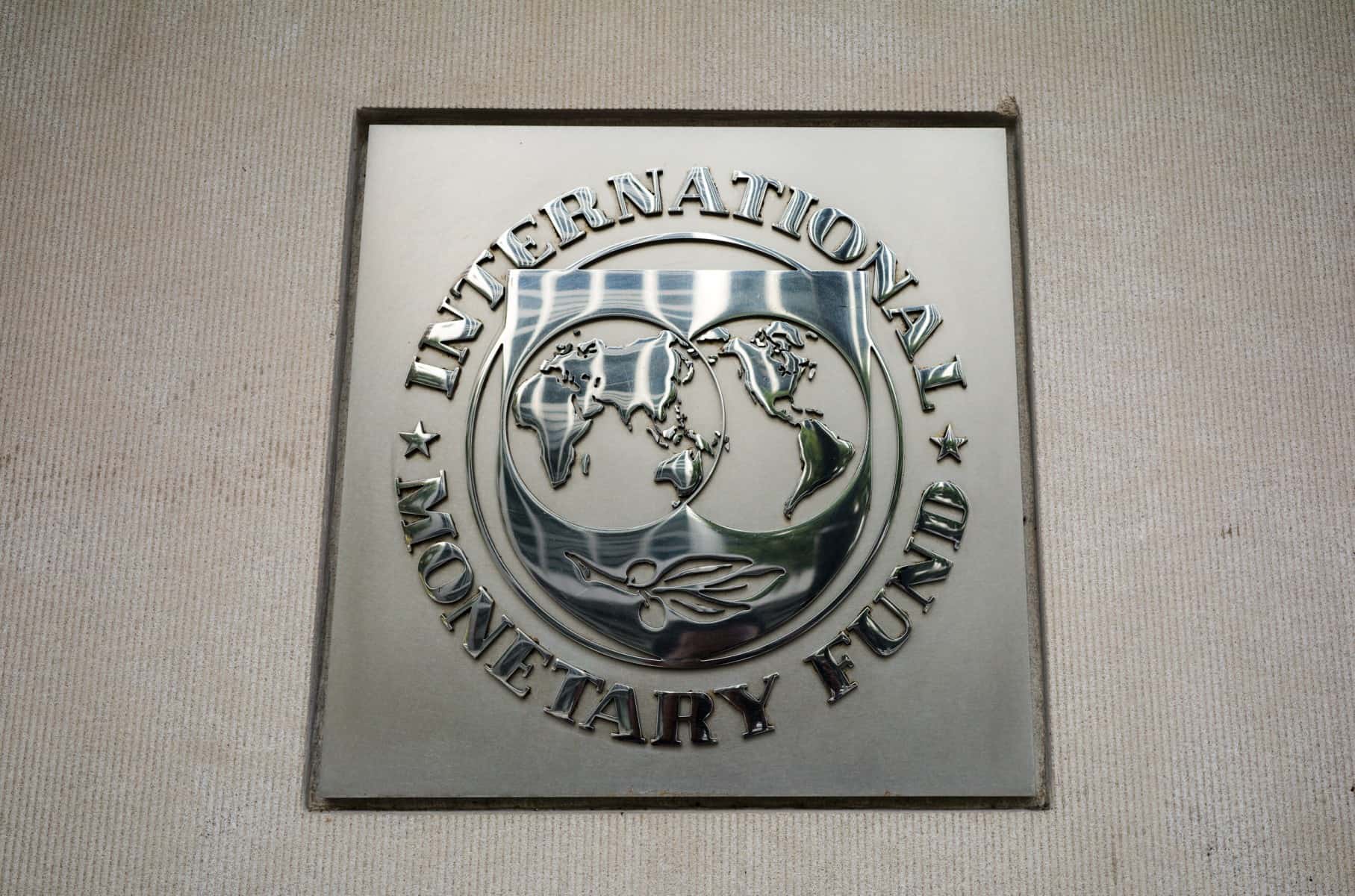Washington, United States – Improving trade relations between African countries could provide a major boost to economic output (GDP) across the continent and help tackle challenges like climate change, the International Monetary Fund said Friday.
The new IMF report found that reforming the “fragmented” trade policy landscape and better implementating existing intra-African free trade agreements could increase some trade flows between African countries by more than 50 percent.
The economic consequences could be significant: The IMF report predicted its recommendations would boost real per capita output in the median African country by “more than 10 percent.”
Achieving this economic improvement would require better implementation of an existing 2018 free trade agreement known as the African Continental Free Trade Area (AfCFTA), which already covers an area with a combined GDP of $3 trillion in 2022.
The IMF said bringing about such change would also require additional reforms in the current trade environment on the continent in areas like transportation and border infrastructure.
“Regional trade integration could become the vehicle for economies in the continent to transition to higher growth and job creation in a changing global environment,” according to the report.
Existing research on similar proposals suggests they would help lift between 30 and 50 million people in Africa out of extreme poverty, the IMF said.








